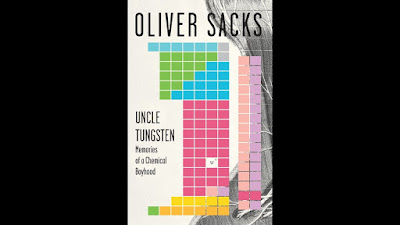1. Teaching What Matters Most by Richard W. Strong, Harvey F. Silver, Matthew J. Perini
This book offers mainly four standards for what you should a teacher prioritizes in a classroom: Rigor, Thought, Diversity, and Authenticity. It defines each and offers helpful rubrics to begin measuring how each standard does or does not function in your classroom.
This book offers mainly four standards for what you should a teacher prioritizes in a classroom: Rigor, Thought, Diversity, and Authenticity. It defines each and offers helpful rubrics to begin measuring how each standard does or does not function in your classroom.
2. What Are People For? By Wendell Berry
What Really Are People For? is a collection of some great written essays by Berry that gives an attempt to clarify what the title sounds like it might–what does it mean to be human, and how can we best relate to the world around us. This isn’t a teaching book, but a human book, and is great to read in small sections at a time.
3. Essential Question: Opening Doors by Grant Wiggins & Jay McTighe
Whether you would choose this book or any other Understanding by Design resource, you’re going to get a focus on understanding, and how to promote it through the intentional backward design of learning experiences.
4. Developing Minds by Art Costa
This book resource is a collection of short essays/chapters that explore various strands of how people think, and how to better teach it. Chapters include Teaching Thinking in Science, Teaching for Transfer, Making Thinking Visible, and what is Problem-Solving?
5. Uncle Tungsten by Oliver Sacks
While this is not a book about formal education, it is an absolute treasure in examining how informal learning, passion, curiosity, and family nurture a lifelong love of learning and critical examination of our surroundings. In the autobiographical Uncle Tungsten, Oliver Sacks takes us on a journey through childhood (his personal journey) in England during WWII, going on calls with his father (a doctor), working alongside his light-bulb pioneering uncles, and more.
In his writing, Sacks gingerly and unknowingly describes the perfect classroom (the world), and the perfect approach to learning (play). He also talked about deep influences from his family, and how many of them were “autodidacts” (teach themselves).
6. The Connected Educator by Sheryl Nussbaum-Beach, Lani Ritter Hall
This is how one recognized editor described this book, “Connected learning various communities are a three-pronged approach to effective professional development using the local (professional learning community), contextual (personal learning network), and global (community of practice) environments.”
“Connected learners take responsibility for their own professional development. They figure out what they need to learn and then collaborate with others to construct the knowledge they need. Instead of waiting for professional learning to be organized and delivered to them, connected learners contribute, interact, share ideas, and reflect.” No need to elaborate more, says Menachem Moscovitz.
7. Why Don’t Students Like School? By Daniel Willingham
Menachem Moscovitz swears by this book! Willingham takes findings from cognitive science and applies them to the classroom in a direct and practical manner. A central claim the author makes in this book is that though humans are curious, we are not naturally good at thinking and can only truly think about the things we know



